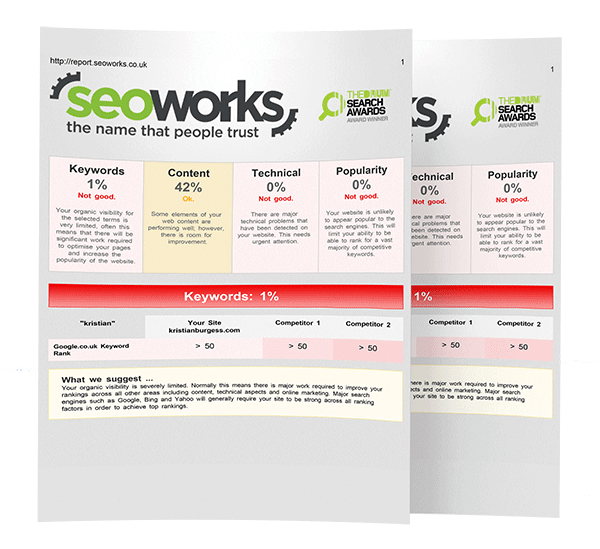What is a link profile?
Clients often ask us “what is a link profile and why is it important“? Link building is one of the most important factors when it comes to ranking a website. It is important to have a variety of links pointing towards your site, however there is always the risk that poor quality links could attract Google penalties later down the line. That is why it is important to keep your link profile in good health, so then you only get the benefits from effective link building.

What Is A Link Profile?
A link profile is a culmination of all the different factors that define whether your link building campaign has been a success or a failure. These different factors include:
- The number of inbound links
- How the inbound links have been acquired
- The kind of inbound links that are navigating people to your site
- The anchor text that is used for those links
These factors are used by Google to try and stop people from manipulating the system. It also means that some earlier methods used to generate links have now become obsolete. And new methods such as Digital PR are becoming effective ways of gaining links. Applying some of the “black hat” methods can even result in a Google penalty and a significant drop in rankings.
What Can Harm My Link Profile?
Even though link building can be quite difficult at times, there are clear cut signs that your link profile could be doing more harm than good. Here are some of the things you should avoid to keep your link profile healthy.
- Spammy Anchor Text: While using keywords in anchor text can be highly beneficial when it comes to search rankings, it can be a bit of a high-wire act. If the anchor text looks like it has been stuffed with keywords, then Google may penalise your site.
- Paid Links: This is an area where Google have clamped down strongly. In many cases, links that have been bought look completely unnatural. Also, if you buy links and lots of them appear out of nowhere, that will set off a warning sign for Google.
- Poor Sources: If Google thinks that a link to your site has been placed unnaturally on a forum, then you will be penalised. This will also happen if it appears in a directory that is considered to be spammy, or if it appears on a blog that is known to accept paid links in posts.
What Makes My Link Profile Healthy?
In order to have a good link profile, you need to be willing to dedicate a lot of time and energy to it. The rewards you get from it though can be substantial when it comes to your search ranking. Here is how you can manage your link profile so it stays healthy at all times.
- Effective Anchor Text: The anchor text used should contain your target keywords, but not too many. Try and keep it natural and the keywords varied.
- Natural Links: Try and get natural links on blogs and websites that have a decent reputation. Often sites may ask for recompense in return for a link. This can be done by offering some unique content but only if the site is relevant to your industry and if the link is a valuable target to achieve.
- Good Sources: Your site should be receiving inbound links from relevant and respected blogs and websites. If it does appear on a forum, it should be on a relevant forum and should be being used as a useful source of information.
How Can I Clean Up My Link Profile?
If you have poor quality links that are harming your search ranking, then you can disavow them. Using a tool like Google Search Console enables you to track your disavowed links so then you can keep your link profile clean. It’s always best to perform a check of your backlinks on a regular basis. That way you will be able to disavow links before they cause any lasting damage.
Ultimately, being diligent and keeping a close eye on your inbound links will help keep your link profile healthy. As long as you plan your link building campaign properly, you should be able to avoid penalties and get nothing but benefits from your inbound links.

